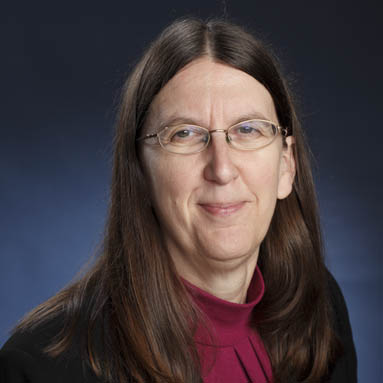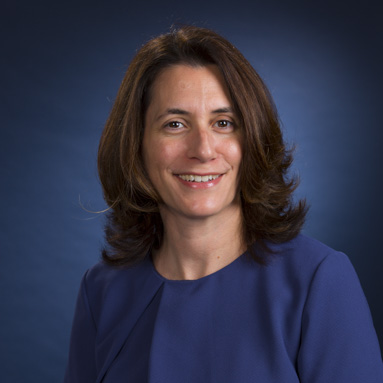A team led by Worcester Polytechnic Institute (WPI) researcher Emmanuel Agu has been awarded $2,458,174 by the National Institutes of Health (NIH) to develop a smartphone app that will use photographs, heat images, and algorithms to detect infections in the open wounds of patients at home.

From left, researchers Peder Pedersen, Bengisu Tulu, Emmanuel Agu, and Diane Strong
The Deep Infected Wound Detector (DIWD) will enable visiting nurses and other health workers in the field to rapidly identify patients who need specialized care for diabetic ulcers, pressure sores, incisions, trauma-related injuries, and other wounds. The app, deployed on smartphones that are equipped with thermal cameras like those used by plumbers, could help health workers reduce unnecessary medical referrals, delays in care, and wrong care decisions that lead to amputation, said Agu, who is Harold L. Jurist ’61 and Heather E. Jurist Dean’s Professor in the (WPI) Department of Computer Science.
“It can be difficult to visually evaluate a wound when visiting a patient at home or in a remote location, because wounds are often obscured by dead skin and debris that can only be removed in a doctor’s office,” said Agu, who is a principal investigator (PI) and leader of the four-year project. “By combining photos with thermal images, which can detect temperature changes in tissue underneath the skin, we will develop a tool that will help health workers better evaluate wounds and determine whether to refer patients to specialists for medical care.”
Agu and a team of researchers will train deep learning computer models to detect infections from about 1,500 photographs combined with thermal images of wounds. Some photographs and thermal images will be taken from existing data sets. New data will be collected by researchers at UMass Chan Medical School, including photographs and thermal images of wounds. The team will then program a smartphone app and validate the technology in a study of about 100 patients.













